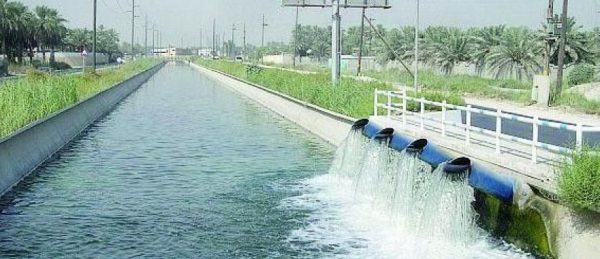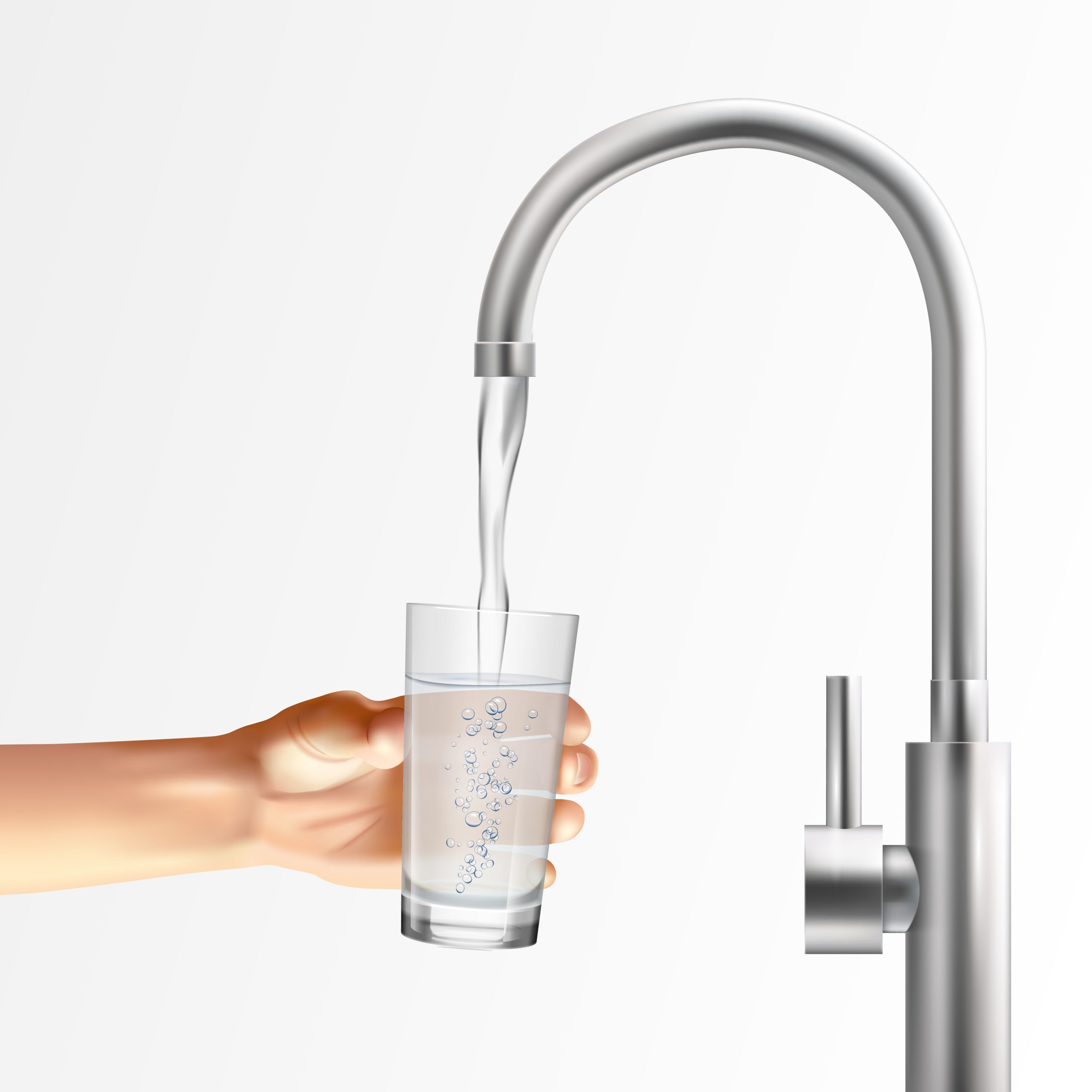
Uses of treated wastewater in agriculture
Why treated wastewater is an important solution
Most of the Arab countries have adopted ambitious policies for the use of wastewater, which constitutes significant quantities in the Arab region. It is estimated that the quantities of wastewater used in the Arab world range between 6.5 – 7.6 billion cubic meters. For this, he has established many treatment plants in major cities and large population centers. This treated water is an important resource for the irrigation of many industrial and forages crops and plants.
Benefits of using treated wastewater
Help reduce the use of fresh water and provide it for civil and drinking purposes.
Wastewater constitutes about 80% of the freshwater consumed in cities. It consists of 99% of water and about 1% of various harmful impurities and pollutants.
The amount of wastewater released into the public sewage network changes with the change in water consumption rates.
Non-conventional water is an important resource to secure the water needs of many Arab countries, especially those that suffer from water scarcity to irrigate some types of crops and plants. However, its use is still limited due to its environmental effects.
The use of this water in agricultural irrigation requires conducting many research and studies to reach standards that ensure the safe use of this water, environmentally and healthily.
Therefore, it was necessary to search for new non-conventional water sources, albeit of lower quality than traditional water. Such as treated wastewater, gray water, saline, and brackish agricultural wastewater, brackish water, and desalinated seawater. This type of water, especially sewage, has been used in a limited way for many decades in many countries.
The amount of wastewater in the Arab world was estimated at nine billion cubic meters in 1997, and two-thirds of this amount is treated water that is used by 48% for irrigation.
Objectives of the treated wastewater system and its reuse
Achieving acceptable levels of disposal of various types of wastewater into the public sewage network.
Achieving safe levels of reusing this water in the areas of agricultural irrigation, public garden irrigation, and recreational areas.
Groundwater recharge in the future, for cooling, industrial purposes and any other uses, in order to secure an adequate degree of health protection from the harmful effects of pollution and disease transmission through controlling the quality of treated wastewater.
Organization of monitoring wastewater treatment plants.
Ensuring the maximum utilization of treated water as one of the non-traditional sources of water in accordance with Saudi standards.
Specifications for the use of treated water in agriculture
The use of double and triple treated sewage water in various crops.
It is prohibited to use raw sewage water that does not undergo treatment in any agricultural application.
Primary treatment is suitable for tree forests, while dual treatment is suitable for the cultivation of cotton and aromatic and medicinal plants.
Triple treatment is suitable for all crops.
What is the difference between each type of treatment?
Bi-treatment: The level of treatment that can be achieved by biological treatment ending with sedimentation and disinfection. The resulting water can be used for restricted irrigation.
Tertiary treatment: It is the level of treatment that can be achieved by biological treatment ending with filtration, disinfection, and any other processes. The resulting water can be used for unrestricted irrigation.
Biological treatment: Treatment operations that aim to activate bacteria in wastewater to reduce the concentration of organic matter in it.
Important warnings when using sewage water
Untreated wastewater or polluted water, in general, may not be used for irrigation or agriculture of all kinds.
It is not permissible to grow vegetables or their fruits that touch the surface of the soil, except after obtaining a permit from the Ministry of Agriculture and Water-based on water analysis from the Ministry of Health or the Ministry of Municipal and Rural Affairs or any other body approved by the Ministry of Health, which proves that it is free of pollution. that.
The quality of the treated water to be used in the various fields of recreational activities and fish farming should not be less than the qualitative standards specified for the tertiary treatment.
Additional treatment shall be carried out at the beneficiary’s expense to remove nitrogen and phosphorous to reduce the algae to ensure a suitable aquatic environment suitable for fish life.
Learn about the importance of wastewater treatment here.

























